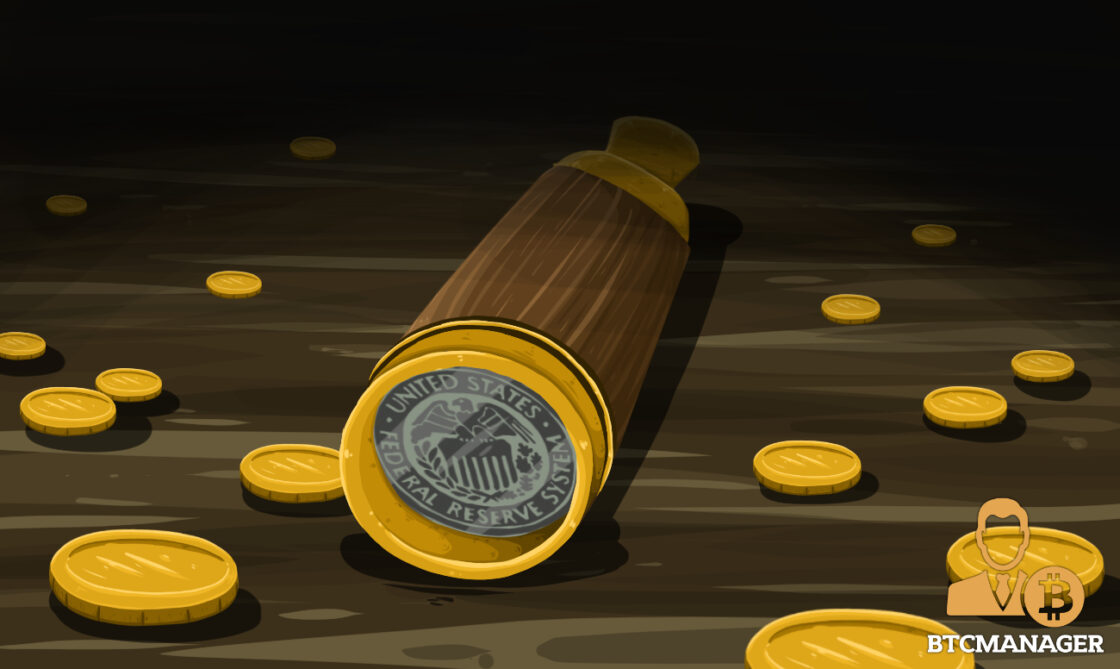PALO ALTO, Calif. (Reuters) - The Federal Reserve is looking at a broad range of concerns around digital payments and currencies, consisting of policy, style and legal factors to consider around possibly providing its own digital currency, Governor Lael Brainard said on Wednesday. Brainard's remarks suggest more openness to the possibility of a Fed-issued digital coin than in the past." By changing payments, digitalization has the prospective to provide higher value and benefit at lower expense," Brainard said at a conference on payments at the Stanford Graduate School of Organization.
Reserve banks globally are debating how to manage digital financing innovation and the distributed journal systems utilized by bitcoin, which guarantees near-instantaneous payment at potentially low cost. The Fed is establishing its own round-the-clock real-time payments and settlement service and is presently examining 200 remark letters sent late last year about the proposed service's design and scope, Brainard said.

Less than two years ago Brainard informed a conference in San Francisco that there is "no engaging demonstrated requirement" for such a coin. However that was before the scope of Facebook's digital currency aspirations were extensively known. Fed officials, consisting of Brainard, have raised concerns about customer defenses and information and privacy hazards that might be presented by a currency that could come into usage by the 3rd of the world's population that have Facebook accounts.
" We are teaming up with other main banks as we advance our understanding of reserve bank digital currencies," she said. With more nations checking out providing their own digital currencies, Brainard stated, that adds to "a set of fedcoin vs bitcoin factors to likewise be ensuring that we are that frontier of both research study and policy advancement." In the United States, Brainard stated, concerns that require research study consist of whether a digital currency would make the payments system more secure or simpler, and whether it could posture monetary stability dangers, consisting of the possibility of bank runs if cash can be turned "with a single swipe" into the reserve bank's digital currency.
To counter the financial damage from America's extraordinary national lockdown, the Federal Reserve has actually taken extraordinary steps, consisting of flooding the economy with dollars and investing directly in the economy. Many of these relocations received grudging acceptance even from numerous Fed skeptics, as they saw this stimulus as required and something only the Fed might do.
My new CEI report, "Government-Run Payment Systems Are Hazardous at Any Speed: The Case Against Fedcoin and FedNow," information the risks of the Fed's existing plans for its FedNow real-time payment system, and proposals for central bank-issued cryptocurrency that have been dubbed Fedcoin or the "digital dollar." In my report, I go http://martinrymv391.iamarrows.com/the-facts-and-fiction-of-fedcoin-marketminder-fisher over issues about privacy, information security, Visit this link currency adjustment, and crowding out private-sector competitors and development.
Advocates of FedNow and Fedcoin say the government must produce a system for payments to deposit quickly, instead of encourage such systems in the personal sector by raising regulative barriers. But as kept in mind in the paper, the economic sector is offering a relatively endless supply of payment technologies and digital currencies to solve the problemto the level it is a problemof the time space in between when a payment is sent out and when it is gotten in a checking account.
And the examples of private-sector innovation in this area are lots of. The Clearing Home, a bank-held cooperative that has been routing interbank payments in numerous kinds for more than 150 years, has actually been clearing real-time payments considering that 2017. By the end of 2018 it was covering 50 percent of the deposit base in the U.S.